Entry Category: Government and Politics
Johnson, Robert Ward
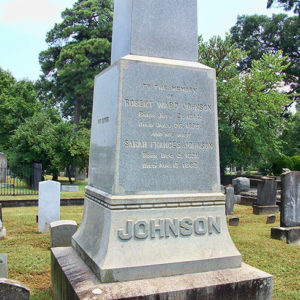 Robert Ward Johnson Gravesite
Robert Ward Johnson Gravesite
Johnson, Thomas
Johnson, Virginia Lillian Morris
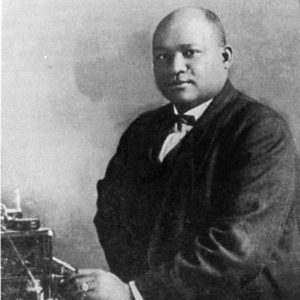 D. A. E. Johnston
D. A. E. Johnston
Jolly, John
aka: Ah ludi ski
aka: Ooluntuskee
 Jones Campaign Card
Jones Campaign Card
Jones, Daniel Webster
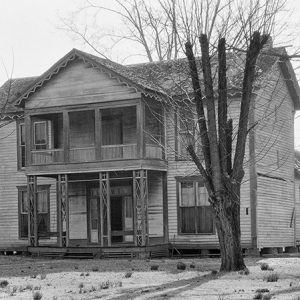 Daniel Jones House
Daniel Jones House
Jones, Green Hill
Jones, Guy Hamilton “Mutt”
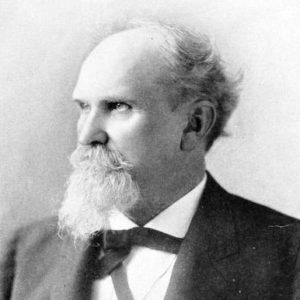 J. K. Jones
J. K. Jones
Jones, James Fred
Jones, James Kimbrough
Jones, Julia Hughes
 Julia Jones Campaign Material
Julia Jones Campaign Material
 Julia Jones Campaign Material
Julia Jones Campaign Material
Jones, Myra
Jones, Oscar Eve (O. E.)
Jones, Paula
aka: Paula Jones McFadden
Judiciary, State
Julian, Patricia Roberts (Patti)
Kavanaugh, William Marmaduke
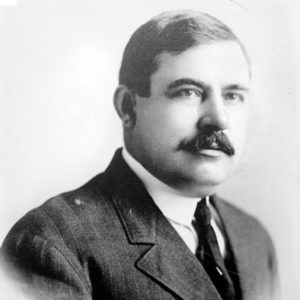 William Kavanaugh
William Kavanaugh
 Keet Postcard
Keet Postcard
Keet, Jim
 Jim Keet
Jim Keet
 Tonya Kendrix
Tonya Kendrix
 Johnny Key
Johnny Key
King, Bertha Hale
aka: Bertha Hale White
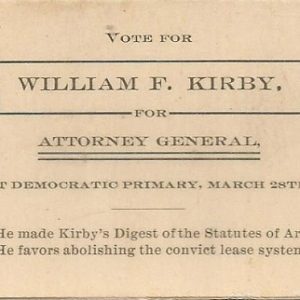 Kirby Campaign
Kirby Campaign
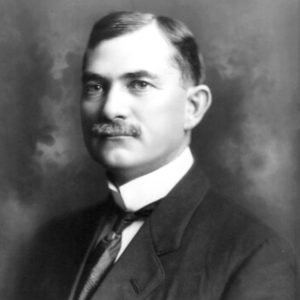 William Kirby
William Kirby
Kirby, William Fosgate
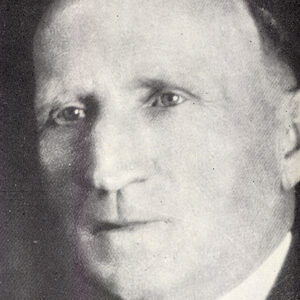 Wade H. Kitchens
Wade H. Kitchens
Kitchens, Wade Hampton
Kizer, Bernice Lichty Parker
 KKK Press Release
KKK Press Release
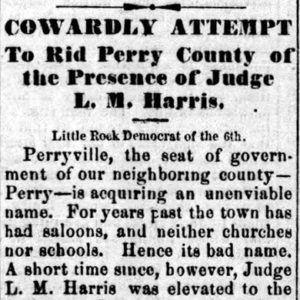 KKK Threats
KKK Threats
Know-Nothing Party
aka: American Party
Knox, Robert C.
Kramer, Frederick
Ku Klux Klan (after 1900)
Ku Klux Klan (Reconstruction)
Labor Movement
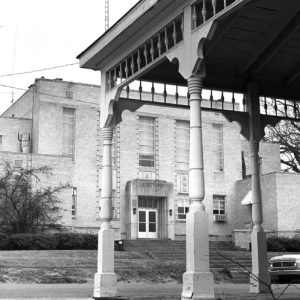 Lafayette County Courthouse
Lafayette County Courthouse
Lafferty, John
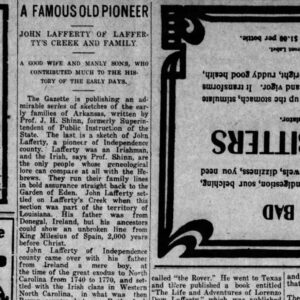 John Lafferty Bio
John Lafferty Bio
Lake Dick
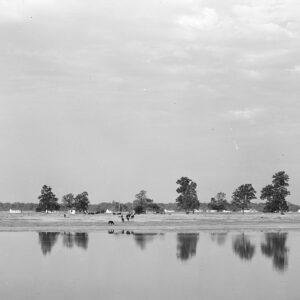 Lake Dick
Lake Dick




